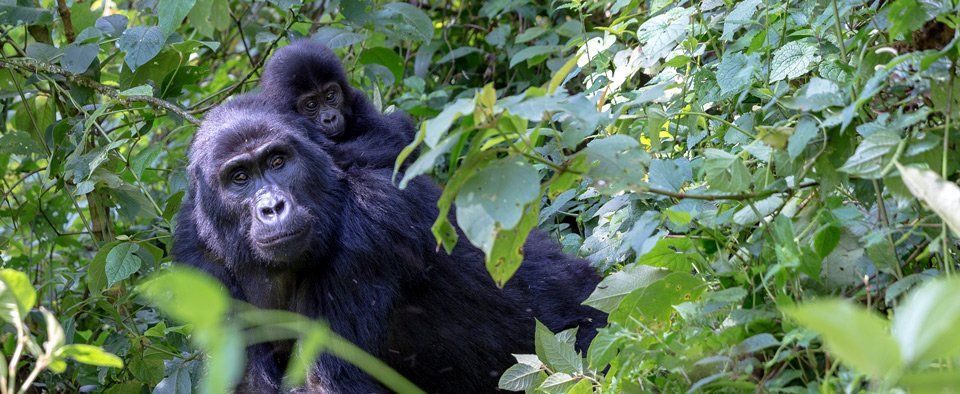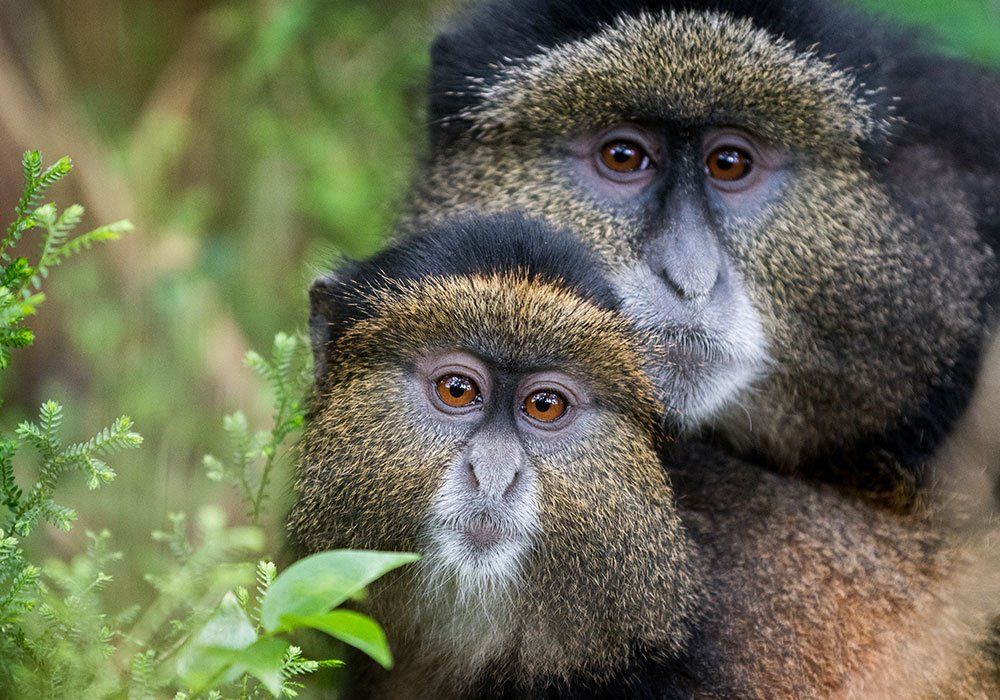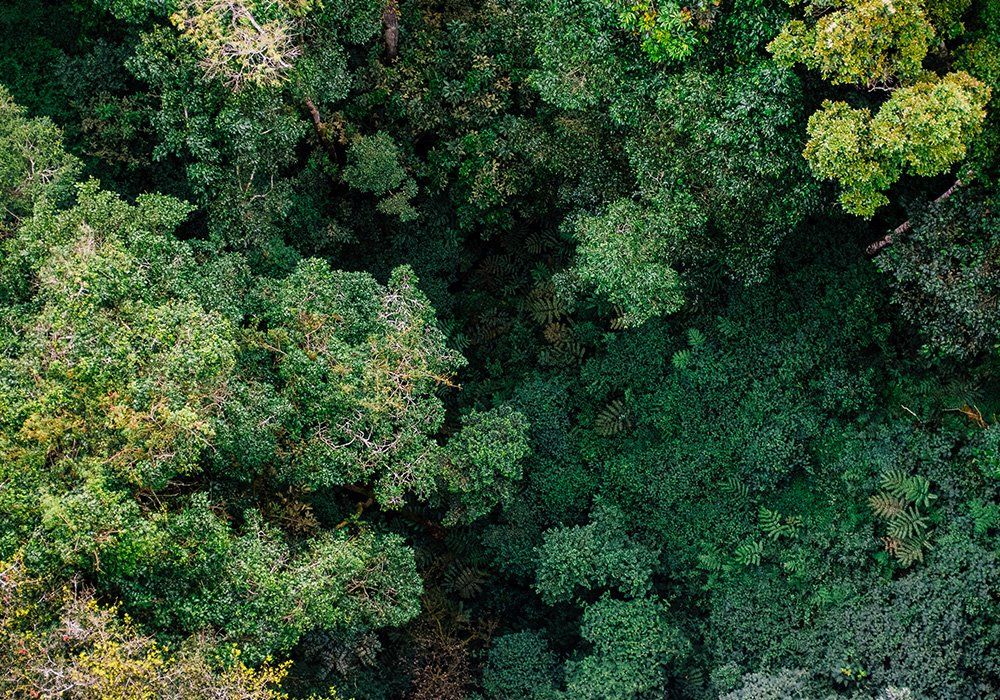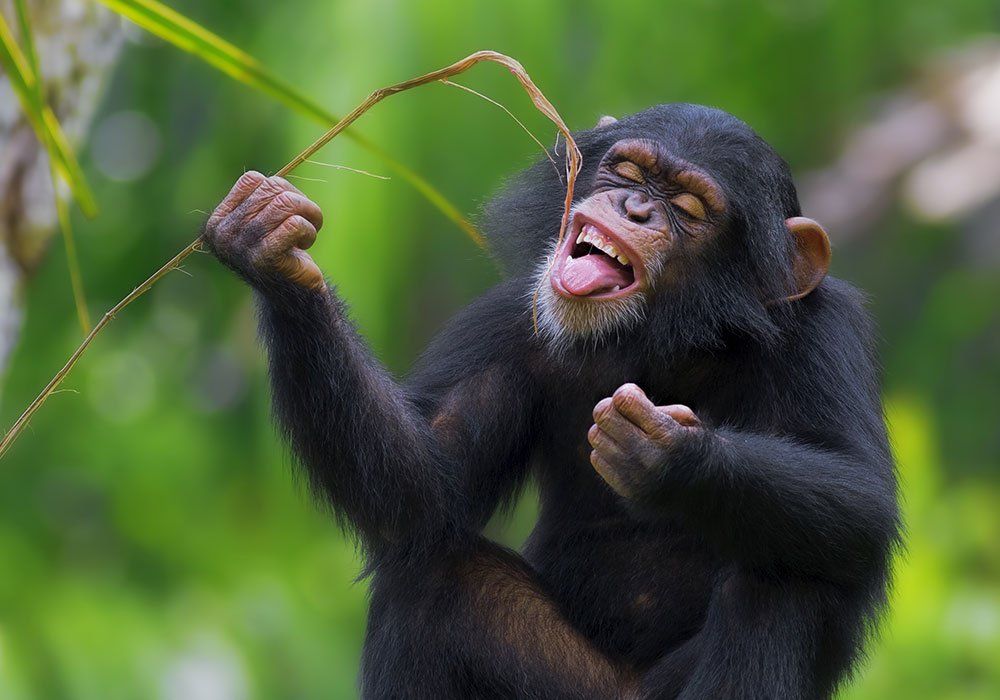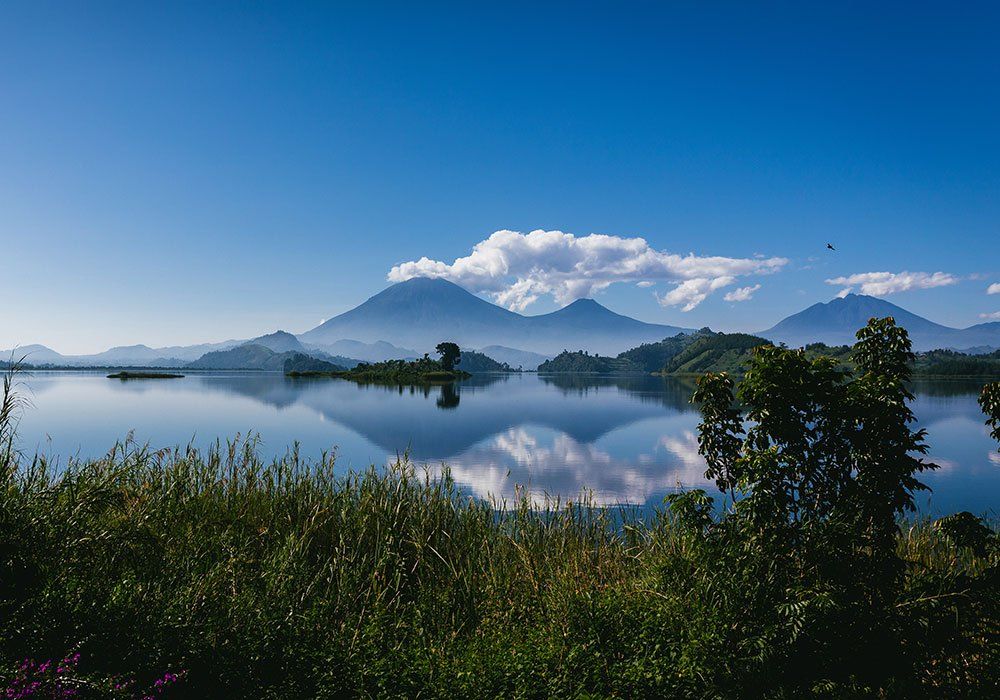Rwanda
RWANDA
LAND OF A THOUSAND HILLS
Rwanda, officially the Republic of Rwanda, is an impeccably beautiful country; characterised by fascinating savannah, undulating hills and deep valleys, abundant wildlife and natural aesthetics. Its capital city, Kigali is picturesque with many sights and delights. Rwanda is a country in Central Africa and one of the smallest countries on the African mainland. Located a few degrees south of the Equator, Rwanda is bordered by Uganda, Tanzania, Burundi, and the Democratic Republic of the Congo. Rwanda is in the African Great Lakes region and is highly elevated; its geography is dominated by mountains in the west and savannah to the east, with numerous lakes throughout the country. The climate is temperate to subtropical, with two rainy seasons and two dry seasons each year.
The population is young and predominantly rural, with a density among the highest in Africa. Rwandans are drawn from just one cultural and linguistic group, the Banyarwanda, although within this group there are three subgroups: the Hutu, Tutsi and Twa. The Twa are a forest-dwelling pygmy people and are often considered descendants of Rwanda's earliest inhabitants.
The economy is based mostly on subsistence agriculture. Coffee and tea are the major cash crops for export. Tourism is a fast-growing sector and is now the country's leading foreign exchange earner. Rwanda is one of only two countries in which mountain gorillas can be visited safely, and visitors pay high prices for gorilla tracking permits. Music and dance are an integral part of Rwandan culture, particularly drums and the highly choreographed intore dance. Traditional arts and crafts are produced throughout the country, including imigongo, a unique cow dung art.
Rwanda has been governed as a unitary presidential system with a bicameral parliament ruled by Rwandan Patriotic Front since 1994. The country is member of the African Union, the United Nations, the Commonwealth of Nations, COMESA, OIF and the East African Community.
Official Languages: Kinyarwanda, Swahili, English, French
Capital: Kigali
Government: Unitary dominant-party
presidential constitutional republic
Head of State: President Paul Kagame
Religion: Roman Catholic, Seven Day Adventist
Population: 12.21 million (2017)
Currency: Rwandan franc (RWF)
Time: UTC+2 (CAT)
Internet-TLD: .rw
Calling Code: +250
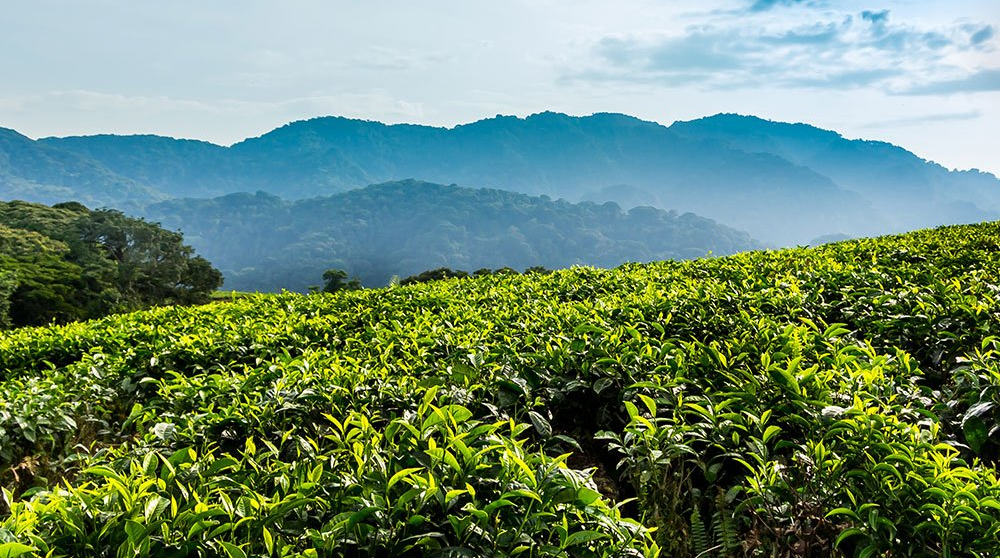
Dietary Requirements
The cuisine of Rwanda is based on local staple foods produced by subsistence agriculture such as bananas, plantains (known as ibitoke), pulses, sweet potatoes, beans, and cassava (manioc). Many Rwandans do not eat meat more than a few times a month. For those who live near lakes and have access to fish, tilapia is popular. The potato, thought to have been introduced to Rwanda by German and Belgian colonialists, is very popular. Ubugari (or umutsima) is a paste made from cassava or maize and water to form a porridge-like consistency that is eaten throughout the African Great Lakes. Isombe is made from mashed cassava leaves and served with dried fish.
Lunch is usually a buffet known as mélange, consisting of the above staples and sometimes meat. Brochettes are the most popular food when eating out in the evening, usually made from goat but sometimes tripe, beef, or fish. In rural areas, many bars have a brochette seller responsible for tending and slaughtering the goats, skewering and barbecuing the meat, and serving it with grilled bananas. Milk, particularly in a fermented yoghurt form called ikivuguto, is a common drink throughout the country. Other drinks include a traditional beer called Ikigage made from sorghum and urwagwa, made from bananas, which features in traditional rituals and ceremonies.
The major drinks manufacturer in Rwanda is Bralirwa, which was established in the 1950s, a Heineken partner, and is now listed on the Rwandan Stock Exchange. Bralirwa manufactures soft drink products from The Coca-Cola Company, under license, including Coca-Cola, Fanta, and Sprite, and a range of beers including Primus, Mützig, Amstel, and Turbo King. In 2009 a new brewery, Brasseries des Mille Collines (BMC) opened, manufacturing Skol beer and a local version known as Skol Gatanu; BMC is now owned by Belgian company Unibra. East African Breweries also operate in the country, importing Guinness, Tusker, and Bell, as well as whisky and spirits.
Rwanda Culture
Music and dance are an integral part of Rwandan ceremonies, festivals, social gatherings and storytelling. The most famous traditional dance is a highly choreographed routine consisting of three components: the umushagiriro, or cow dance, performed by women; the intore, or dance of heroes, performed by men; and the drumming, also traditionally performed by men, on drums known as ingoma.
Traditional arts and crafts are produced throughout the country, although most originated as functional items rather than purely for decoration. Woven baskets and bowls are especially common. Imigongo, a unique cow dung art, is produced in the southeast of Rwanda. The dung is mixed with natural soils of various colours and painted into patterned ridges to form geometric shapes. Other crafts include pottery and wood carving.
Climate
Rwanda has a temperate tropical highland climate, with lower temperatures than are typical for equatorial countries due to its high elevation.
Kigali, in the centre of the country, has a typical daily temperature range between 12 °C (54 °F) and 27 °C (81 °F), with little variation through the year. There are some temperature variations across the country; the mountainous west and north are generally cooler than the lower-lying east.
There are two rainy seasons in the year. The first runs from February to June and the second from September to December. These are separated by two dry seasons: the major one from June to September, during which there is often no rain at all, and a shorter and less severe one from December to February.
Visa & Insurance
The Republic of Rwanda, a member of the East African Community, allows citizens of all countries that are not visa exempt to obtain a visa on arrival. In addition, they may also obtain an e-Visa online before departure. All visitors must hold a passport valid for at least six months with at least one empty page.
Please check your visa requirements with your travel agent or appropriate Embassy, Consular office as the visa regulations may vary from time to time.
Although Rwanda is one of the safest destinations in Africa, we still strongly recommend that at the time of booking you purchase a comprehensive travel insurance policy of your choice for peace of mind.
RWANDA
AVAILABLETOURS
AVAILABLE TOURS
-
DISCOVER MORE
GORILLAS IN RWANDA LUXURY TOUR
Dates to be confirmed
NEW TOUR
It's time to start your
unforgettable journey...
unforgettable journey...
It's time to start your unforgettable journey
today...
We hope to create unforgettable
experiences for our guests, sharing the
amazing underwater world.
experiences for our guests, sharing the
amazing underwater world.
We hope to create unforgettable experiences for
our guests, sharing our amazing world. Travel not
to escape life, but for life not to escape you...
USEFUL LINKS
USEFUL LINKS
Airline of choice - Tahiti
VIP SUBSCRIPTION
QUICK SUBSCRIPTION
If you're a fan of ocean and animal documentaries then sign up today and receive our list of must see movies!
© Copyright 2024 Majestic Whale Encounters | Policy Aims and Responsible Travel | Terms and Conditions | Privacy Policy
